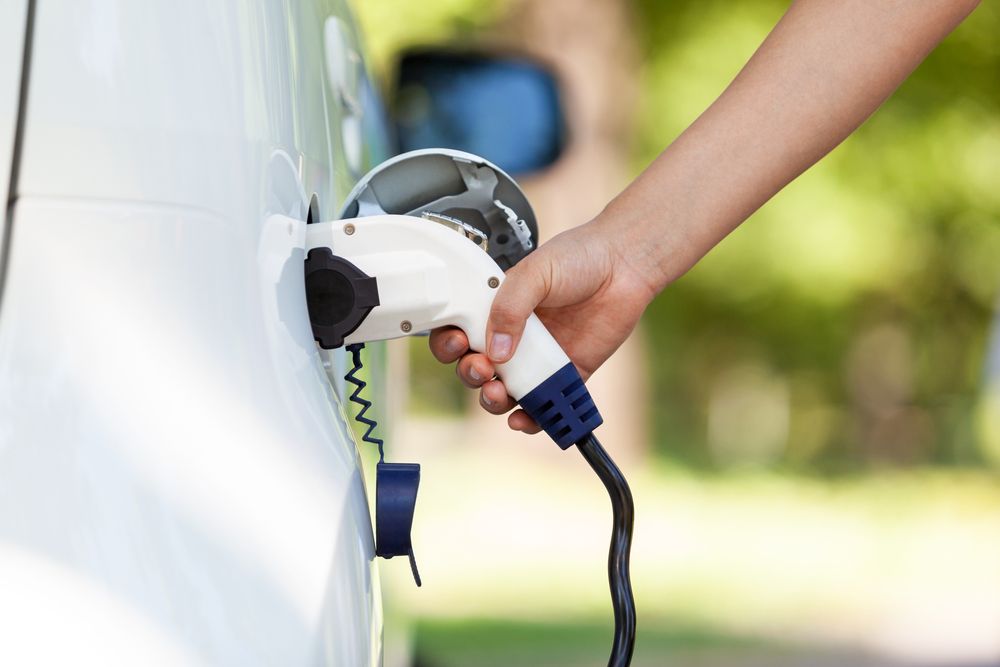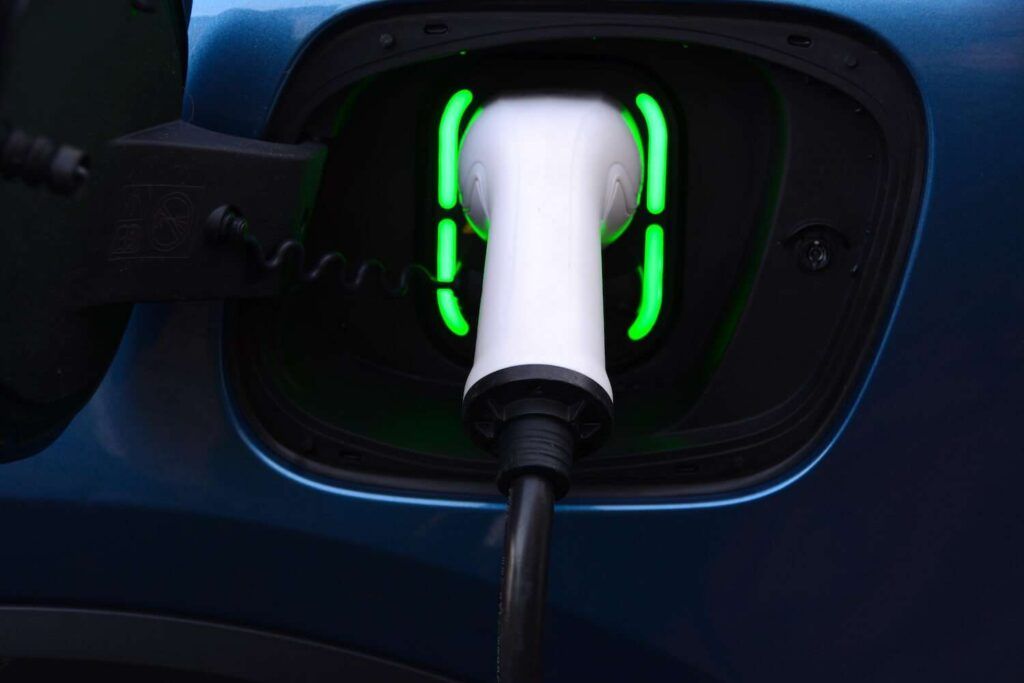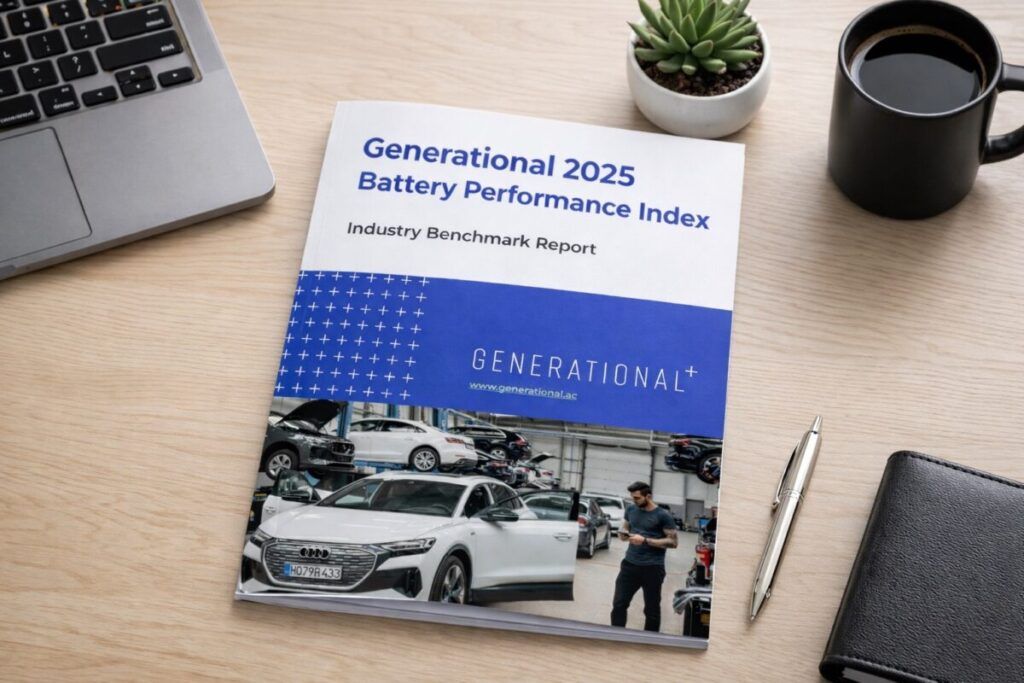Decarbonising commercial vehicles (CVs) is crucial for delivering net zero, but current grid connection processes are impacting operators’ EV investments, according to new analysis.
The study by the Society of Motor Manufacturers and Traders (SMMT) found that around 5.1 million vans and 626,000 trucks are currently on UK roads.
It reported that while CVs make up 14% of all vehicles on the road, their higher mileages and energy demands make them responsible for more than a third of all road transport CO2 – and almost an eighth (12%) of the UK’s carbon footprint.
Replacing conventionally fuelled CVs with zero emission vehicle (ZEV) models is critical to the achievement of net zero, it said , and transitioning the entire fleet would deliver a CO2 savings greater than the total carbon footprint of Sweden.
It claimed that the fact companies currently face wait times of up 15 years for grid connections is the biggest barrier to EV adoption, and is too late not just for 2035 – when the sale of new, non-ZEV vans and HGVs under 26 tonnes is due to end – but for 2040 when all new HGVs sold in the UK must be zero emission.
Manufacturer investment means operators can now choose from 35 zero emission van models – more than half of the market – and more than 30 ZEV truck models. But uptake remains behind ambition with the ZEV mandate requiring 16% of new van sales to be ZEVs in 2025, it said.
Currently, electric van registrations are running at 8.3%, with around 167,000 more expected to reach the road over the next three years. This would see the market reach 25% ZEV by the end of 2027, against a mandate target of 34%.
The challenge is steeper for the HGV sector, with ZEVs making up just 0.5% of registrations and accounting for fewer than 600 trucks currently in use at the present time. But the SMMT said that while grants for plug-in vans and trucks and government’s Zero Emission HGV and Infrastructure Demonstrator (ZEHID) programme “continue to incentivise the zero emission commercial vehicle transition”, action is needed “now to remove administrative gridlock to investment”.
The news follows the UK Government announcing it would fast-track grid connections for data centres, wind farms and solar power installations, and now “must also be afforded transport depots if the UK’s net zero and air quality improvement ambitions are to be realised”, it said.
Mike Hawes, SMMT Chief Executive, said:
“We cannot deliver net zero and improve air quality without decarbonising commercial vehicles. But if operators have to wait up to 15 years just to be able to plug them into their depots, there is no case for investment.
“Prioritising grid connections, alongside reform to planning and action on energy costs, would reduce barriers to adoption, ensuring commercial vehicles continue to carry the loads that keep our economy on the move whilst doing the heavy lifting the nation needs to reach net zero.”
Image from Shutterstock












